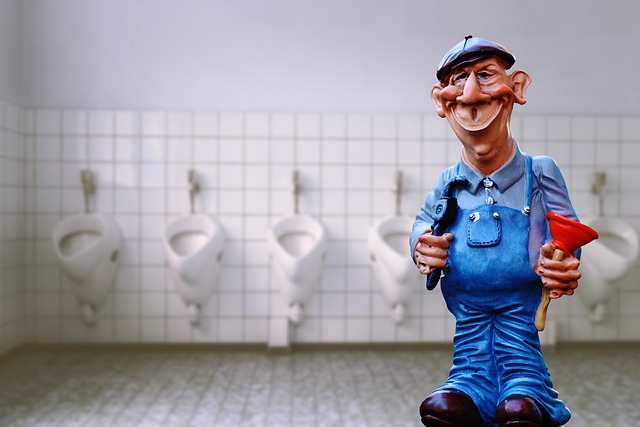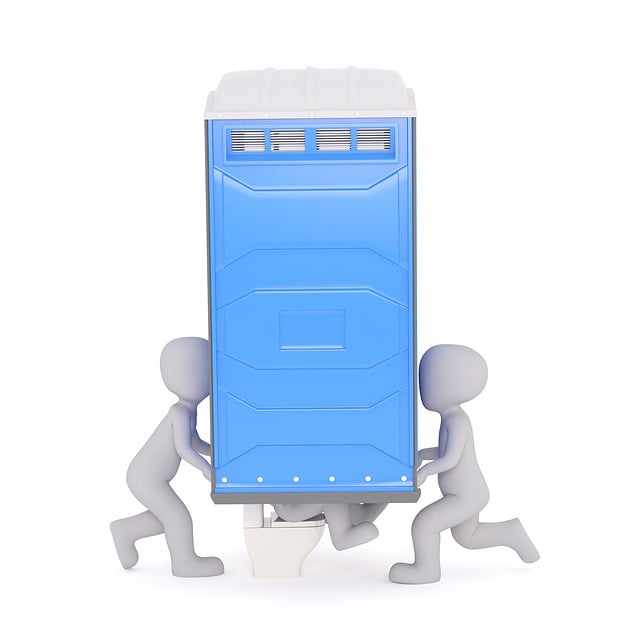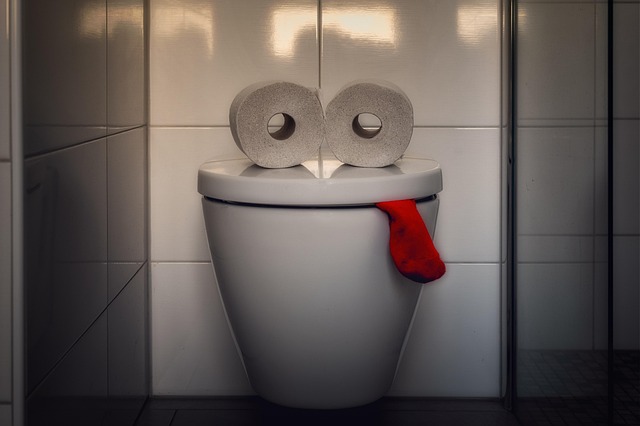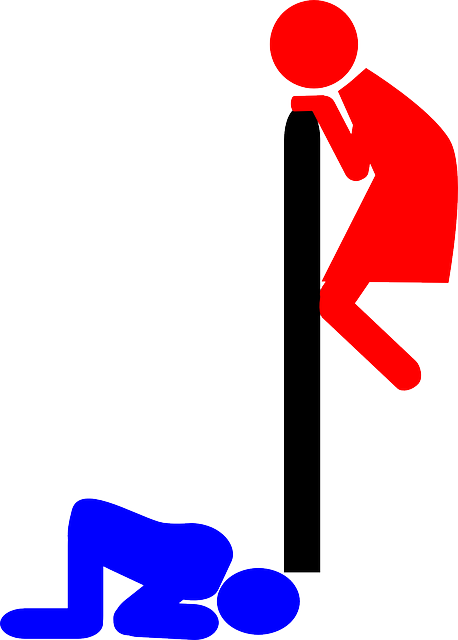To unclog a toilet, address buildups from toilet paper, foreign objects, or hair with DIY methods like plungers and hot water. For stubborn clogs, chemical drain cleaners can help but require safety precautions. If problems persist (e.g., water backing up, unusual noises), call a plumber as these may signal broken pipes or root intrusion needing professional tools. DIY methods are suitable for basics, but recurring clogs or complex issues warrant expert care to prevent long-term damage and save costs.
Unclogging a toilet can be a common household dilemma, but knowing when to tackle it yourself or call in a professional is essential. This guide explores the art of unblocking toilets, offering insights into DIY solutions and their limitations. We’ll walk you through understanding toilet clogs, from identifying common causes to providing practical tips for removal. Learn when to take on this chore yourself and when to recognize signs that demand expert attention, ensuring your plumbing system remains in top shape. Discover the benefits of professional plumbing services and when they could be your best course of action.
- Understanding Toilet Clogs: Common Causes and DIY Solutions
- When Do-It-Yourself Methods Fall Short: Knowing When to Call a Plumber
- Professional Plumbing Services: Benefits and When to Consider Them
Understanding Toilet Clogs: Common Causes and DIY Solutions

Toilet clogs can be frustrating and embarrassing, but understanding their causes can help you decide whether to tackle them yourself or call in a professional. Common issues include build-up from toilet paper, foreign objects like sanitary products, or even hard-to-reach hair that accumulates over time. Luckily, there are many DIY solutions for unclogging toilets.
One simple method is to use a plunger, which creates suction to dislodge the blockage. Pouring hot water down the drain after using a plunger can also help dissolve any remaining buildup. For more stubborn clogs, try a chemical drain cleaner, but be cautious and follow safety instructions. If these methods don’t work, it might be time to consider calling a plumber, especially if you suspect more complex issues like broken pipes or severe root intrusions.
When Do-It-Yourself Methods Fall Short: Knowing When to Call a Plumber

While many homeowners are adept at tackling basic plumbing issues, such as how to unclog a toilet, there comes a time when DIY methods simply aren’t enough. Even with over-the-counter drain cleaners and plungers, some clogs can be stubborn or complex, indicating it’s time to call in the professionals.
Signs you might need a plumber include persistent clogs that don’t respond to standard unclogging techniques, unusual noises coming from your pipes, or water backing up into the sink or tub. These could be indicators of more severe issues like broken pipes, root intrusion, or a clogged main drain that require specialized tools and expertise to resolve effectively.
Professional Plumbing Services: Benefits and When to Consider Them

Professional Plumbing Services: Benefits and When to Consider Them
While many people opt for DIY methods when it comes to unclogging a toilet, there are numerous benefits to considering professional plumbing services. Experts have extensive knowledge and experience in dealing with various toilet clogs and can offer specialized tools and techniques that may not be accessible at home. They are equipped to handle complex situations, such as severe drain obstructions or outdated plumbing systems.
Professional plumbers also provide peace of mind. They ensure the job is done correctly and efficiently, minimizing the risk of further damage. Moreover, they can offer ongoing maintenance tips and guidance to prevent future clogs, ultimately saving you time and money in the long run. Consider seeking professional help if the clog persists despite your efforts, or if you notice recurring issues, as it might indicate a more significant problem that requires expert attention.
When it comes to unclogging a toilet, knowing when to tackle the issue yourself and when to seek professional help is key. While many basic clogs can be resolved with DIY methods like using a plunger or vinegar and baking soda, persistent or severe blockages may indicate a larger problem that requires expert plumbing services. Understanding the common causes of toilet clogs and keeping a plumber’s contact details handy will ensure you’re prepared for any bathroom emergency. Remember, knowing when to ask for help is just as important as knowing how to unclog a toilet yourself.
